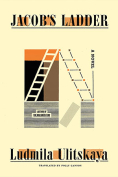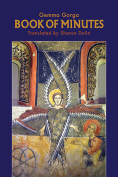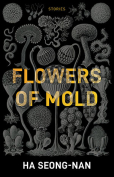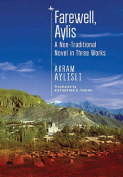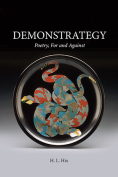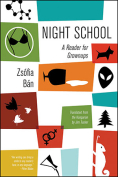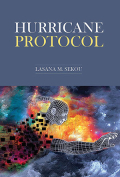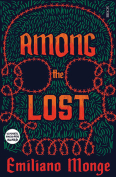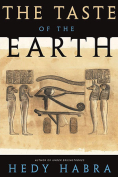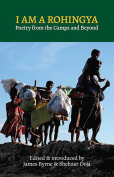Farewell, Aylis: A Non-Traditional Novel in Three Works by Akram Aylisli
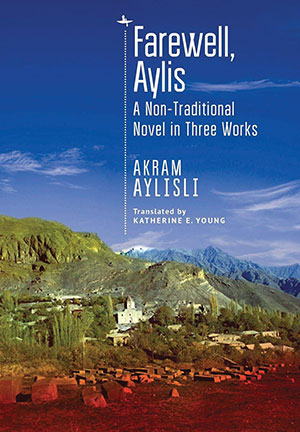 Brighton, Massachusetts. Academic Studies Press. 2018. 316 pages.
Brighton, Massachusetts. Academic Studies Press. 2018. 316 pages.
Farewell, Aylis incorporates three novellas from Azerbaijani author Akram Aylisli, namely Yemen, Stone Dreams, and A Fantastical Traffic Jam. An afterword by the author reflecting on his present circumstances rounds out the volume. Notions of displacement, cultural complexity, and retrograde challenges abound in these works. In Yemen, a Soviet man going on holiday is thought to have defected to America. In Stone Dreams, a group of yerazi (ethnic Azeri refugees who have fled from Armenia) beat up a prominent Azeri actor. A Fantastical Traffic Jam treats corruption in a fictional eastern oil-state much like Azerbaijan.
Unable to publish Stone Dreams in his native land, its Russian publication in 2012 set off a kind of perfect storm, which largely continues, for the author. His state pension and official status as a feted national poet were stripped from him by the government, his books burned—and worse. Aylisli’s offense had been partly to empathize with neighboring Armenia, daring to suggest that the long-standing conflict has had a dimension of violent ethnic cleansing on both sides.
Translator Katherine E. Young has had to navigate significant challenges in bringing this work to English from an intermediate Russian translation. Besides attempting to mediate the author’s Azeri Muslim view and Armenian heritage, she faced wider Persian, Turkish, Russian, and Soviet historical, cultural, and linguistic contexts as well as deeply freighted local references in Azerbaijan, all filtered through Russian-language conventions. Since much of the work takes place in a small, mountain village, she faced incessant issues of tone, honorifics, slang, and even the fact that several characters systematically misspeak in Russian in the original version of these stories.
This is not even to mention the possibly unintended consequences of translation choices for the original author, who continues to live under de facto house arrest in Azerbaijan. The translator herself considers this translation therefore perhaps more artistically conservative than it might have been with an author living under different conditions—one can sense a slightly “old world” literary cast to the translation.
It is fascinating to consider what makes a culture ready for reconciliation with a neighboring or minority culture—and what elements a fictional work can bring to the table in helping effect any such breakthrough. To name just two examples from nearer in Europe, the exquisite Angel of Oblivion, by Maja Haderlap, has gone a long way in reconciling Austrians with their Slovenian minority; and works by Bosnian novelist Faruk Šehić likewise may be helping transcend divisions among some in the former Yugoslavia.
A stable cessation of hostilities is of course essential for such a turn, whereas the conflict between Armenians and Azeris continues to simmer—serious clashes erupted as recently as 2016. Interested readers are certainly encouraged to experience this book as well as learn more about the author’s ongoing plight. We can only benefit from attuning increasingly to narratives that, by aspects of scope, design, and mastery, attempt some step of reconciliation as we continue to work toward more open and peaceful relations among cultures and nations. If a novelist caught between hostile cultural narratives can manage such reconciliation in his own work, it may bode well for many others . . . eventually.
Lawrence Halvin
Boston



